A modern monarch in a hurry – inside the court of King Charles
He’s passionate, prone to mood swings and, says the writer who knows the royal family better than anyone, reliant on a coterie of powerful media advisers. A year on from taking the crown in the wake of the Queen’s death, Hugo Vickers reveals how Charles handled the explosive family dramas of Harry and Andrew – and wasted no time stepping out of the shadows to forge his own legacy

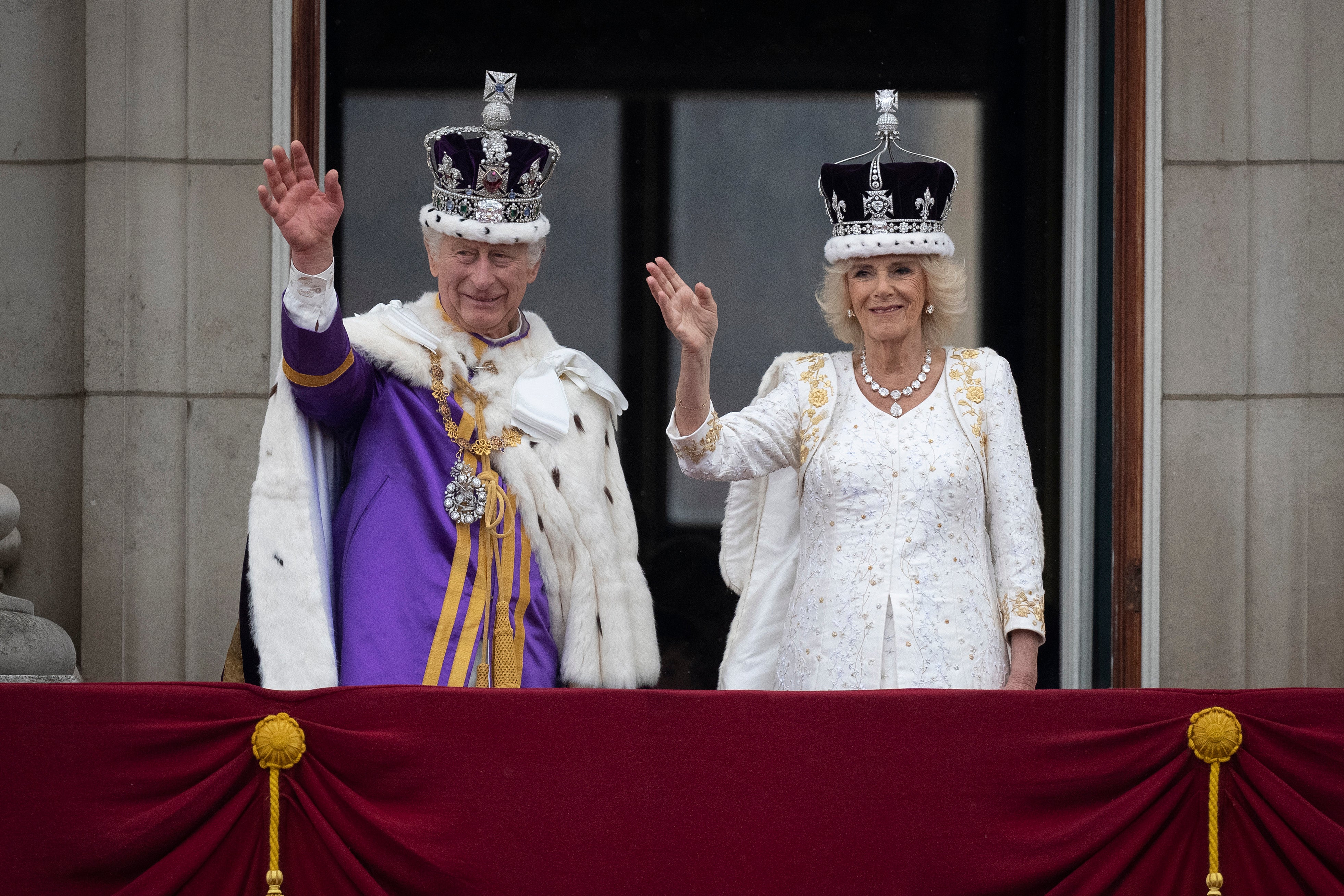
However much the Queen’s death was anticipated, the news from Balmoral on 8 September 2022 came as a shock to the world. Suddenly the United Kingdom and Commonwealth had lost a vital unifying factor: the Queen had bestowed a mesmerising atmosphere of calm on a fast-changing world. Along with the shock of losing the Queen, the other question was how well the new King would cope as he stepped into his mother’s shoes.
Reassurance came swiftly the following evening in the King’s inspirational address to the nation. He has made many speeches in the past, but this was unquestionably his best. It is as moving to read today as it was to hear when he delivered it from Buckingham Palace that night. Besides paying full tribute to his mother, he set the parameters for the nascent reign, and in the year that has followed, he has faithfully adhered to his pledges.
Doubts had been expressed frequently as to whether he could adapt from being a proactive Prince of Wales, stirring things up when he saw the need, to the more circumspect role of a constitutional monarch. In his address, he renewed his own promise of lifelong service. In particular he addressed the key issues – his deeply rooted faith in the Church of England and his understanding of the need “to uphold the constitutional principles at the heart of our nation”. He realised that he would no longer be able to speak out about the causes and issues to which he had devoted his energies in the past.
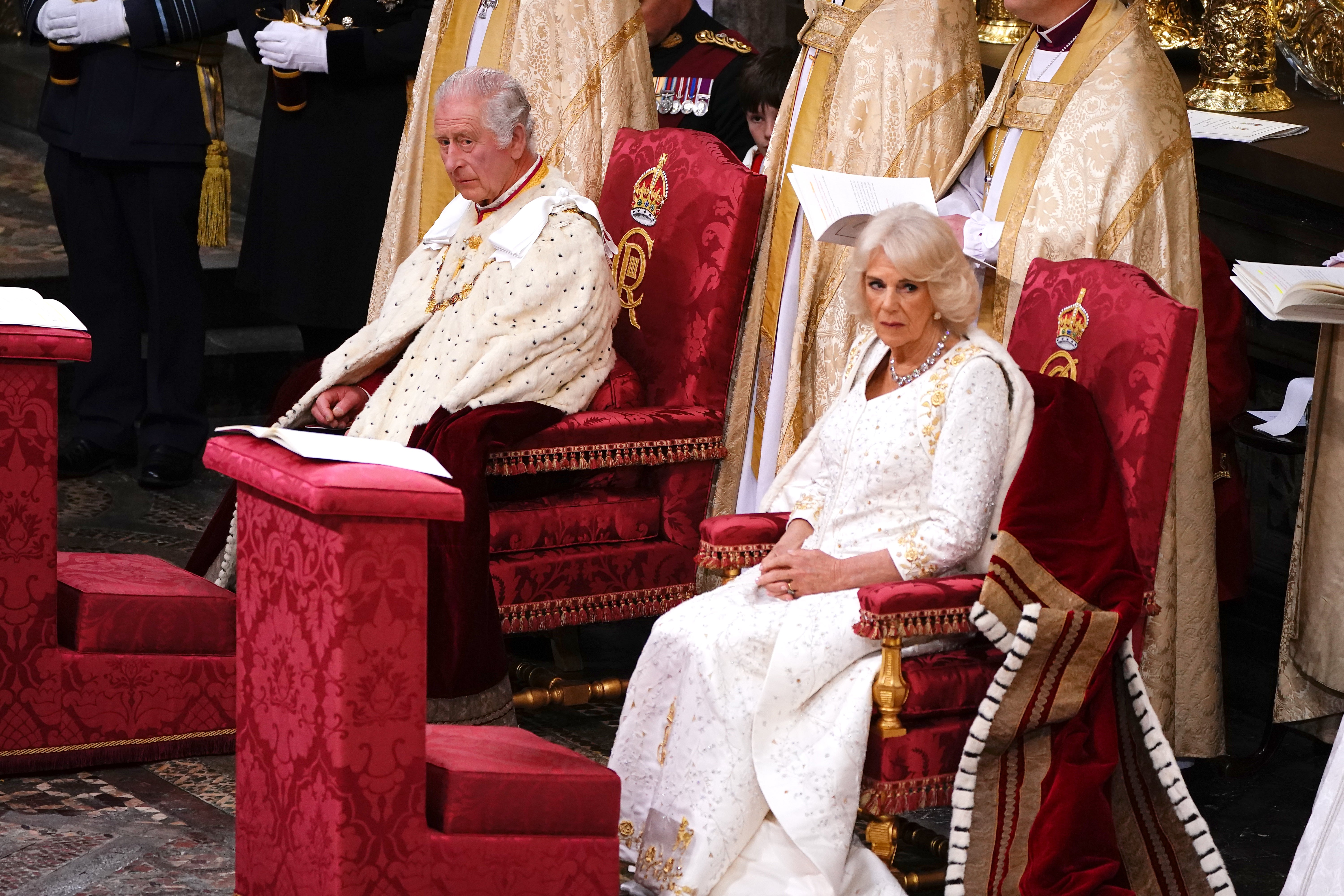
A new reign brings with it the chance to make changes, and, inevitably, he is an old man in a hurry. Just as Edward VII threw open the doors of Buckingham Palace, cigar smoke permeating the previously musty corridors, so too did the new King bring Buckingham Palace back to life. The Palace had lain fallow since Queen Elizabeth II left for Windsor in March 2020, never again to spend a night there. There was the state visit of the South African president last autumn and other receptions have been held there. The message is that the royal family is energised and facing the future with vigour.
Windsor Castle had also gone somewhat dark in the days after the Queen died, and the new King suddenly took on responsibility for the estate, spending Friday nights there and holding investitures. It was inspirational to stage the Coronation Concert with the castle as a backdrop – the first time that had happened in its long history.
It would seem that he is enjoying these various residences. He lives at Clarence House and will undoubtedly continue to live there for the rest of his reign. Buckingham Palace is being overhauled, making residence there impractical just now, but Clarence House is a much better home and for the King it has the ever-vital memories of the Queen Mother. Besides London and Windsor, he loves Sandringham (which has been in his care for some years). He has already created a new garden there and I understand he has all the gardeners running around changing things at the other residences too. He has also been busy redecorating inside Sandringham House. He retains Highgrove and during his Scottish holiday he spent time at the Castle of Mey (the Queen Mother’s home in Caithness), Birkhall and also at Balmoral Castle. Then there is Dumfries House, which he rescued from sale in 2007, and he has properties in Romania, notably the nature retreat in the hills of Zalán Valley, in Transylvania. He is in perpetual orbit.
Behind the scenes, I have no doubt he is using his soft power to pursue the endeavours that interest him, and he is doing so within the restrictive constitutional boundaries. He knows the world well, having undergone the longest “apprenticeship” in history to prepare himself for the throne. Now that he is head of state, he has the chance to discuss issues at a yet more senior level.
It is still quite hard to put a finger on this reign and to “read it” in the way that was possible during the last one. The new King is a man of mood swings and sudden spontaneous enthusiasm.
From my same self-confessed perspective as a “yesterday’s man”, I wonder how well he is well served by some of his media advisers. The enormous success of the Queen and Prince Philip (and Princess Anne) is that they did not bow to spin, they just got on with the job, as we should all do. It was effective. These advisers are obviously employed to promote the King and Queen Camilla at all costs, but sometimes to the detriment of others.
In the run-up to the coronation, I had at least six experienced newspaper journalists and royal reporters turn to me for advice about the intricacies of the event – details of which Royal Communications were either unwilling or unable to inform them, such as what was meant by a “collar day”, the explanation of which then went viral. One or two lovely interview possibilities were squashed without explanation and therefore some good opportunities were missed (in my admittedly selective view, based only on 60 years of study).
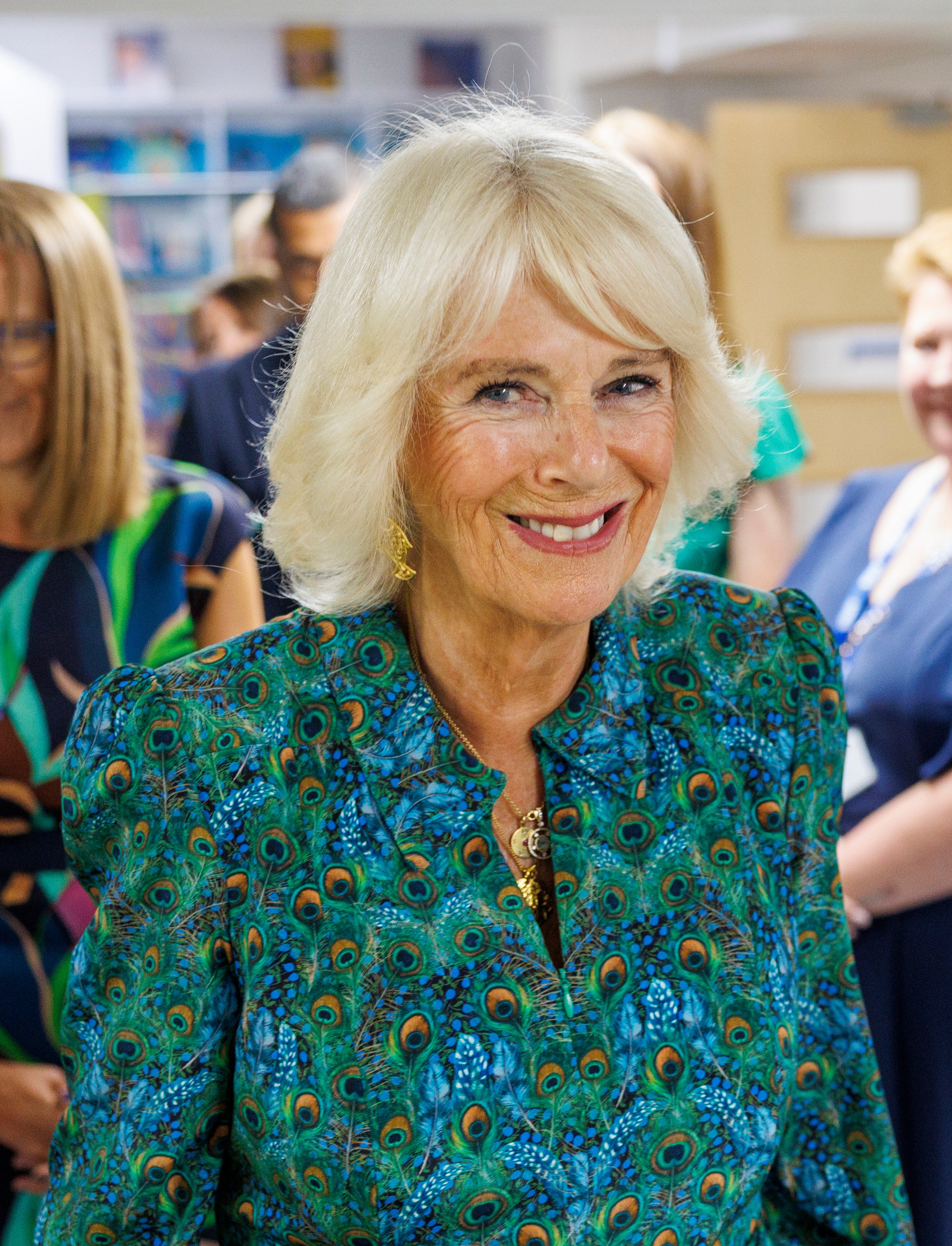
The coronation had worrying aspects, best summed up by the line: “Ant & Dec in; the hereditary peers out for the first time in 1,000 years.” Inclusivity is admirable, but there seemed to me to be too much exclusion. I admit to being unashamedly old-fashioned, but there were a number of people who were not invited to the ceremony, who should have been. No one expected the 545 hereditary peers (or 420 peeresses) who made up a significant percentage of the congregation in 1953, but many of these people perform the same role regionally as the monarchy does nationally and they do so by hereditary descent. To sideline them is surely to risk isolating a raft of support. I was sorry to lose the Knights of the Garter and the gold canopy for the anointing in favour of the curious screen – another centuries-old tradition lost.
It was probably all arranged too quickly, with too many interventions by the archbishop, inserted to avoid provoking a potentially hostile media or negative public reaction, and with inexperienced advisers pitching in their ideas left and right.
The King has had problems. The royal household turned on Lady Susan Hussey all too quickly over the Ngozi Fulani incident. It was good that in due course the King overruled them and got her back into the fold. In the last of silly season news, the media also went into overdrive over Prince Andrew going to church with his family while staying at Balmoral.
I detect great humanity here. It is no secret that the King and Prince Andrew are not close, but it falls to the King to take care of his brother. He will have to provide for him. Apart from any other considerations, he is fulfilling what the Queen would have wished. The King surely shows compassion in having his brother to stay. Prince Andrew attended church with the family at Christmas and Easter, and why should he not go to Crathie Church on a Sunday when he is a guest at Balmoral? Clearly, this does not suggest that he will be returning to public life. The world has turned against him and, under those circumstances, he would not be an asset.
Likewise, Prince Harry. It was shocking that Prince Harry was prepared to publish his memoir, Spare, during the lifetime of his grandmother, not to mention issuing the Netflix series in which, amongst other grievances aired, he gave a platform to a number of activists to berate the Commonwealth. The King has handled this ongoing saga with admirable reserve. He did not respond at all to any of the jibes in Spare. He invited the Sussexes to his coronation, and Prince Harry turned up alone.
It is clear that the King is leaving the door open for his son to return (alone) at some point in the future, which may well not be as distant as some suppose. It is a sad irony that Prince Harry set up the Invictus Games in order to encourage wounded soldiers not to consider themselves victims, while he has turned himself into the very epitome of a victim, forever bemoaning his lot.
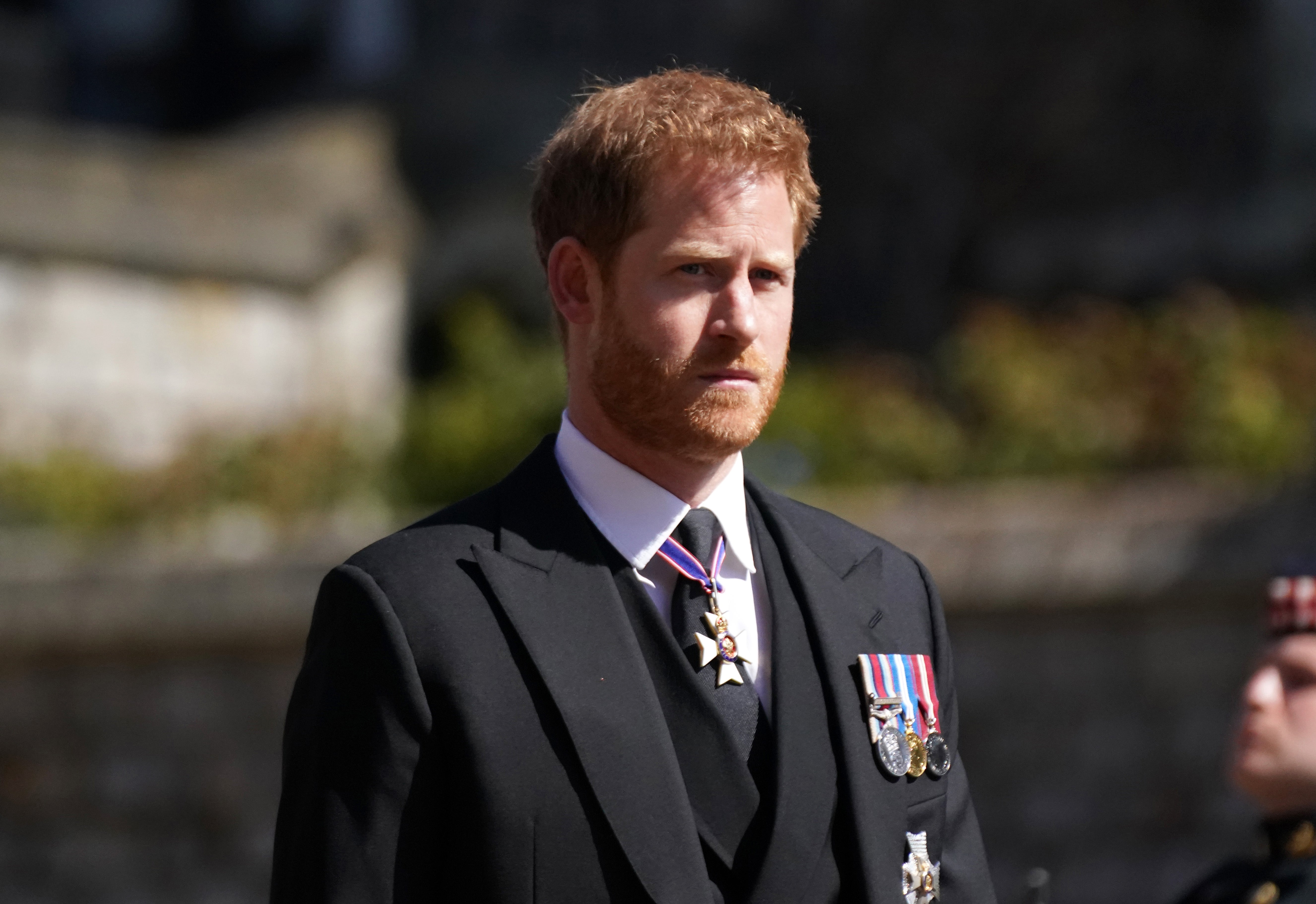
The deaths of the Queen and Prince Philip, along with the departure from public life of Prince Andrew and Prince Harry, present another problem for the King. Many thousands of charities are now without royal support. Unquestionably, regiments want royal colonels, and charities want patrons and presidents. These days, the world only wants royalty or celebrities, but anyone who has dealt with both will know they get a better and easier deal from the former.
There are now very few who can take on these roles. Besides the King and Queen Camilla, there are the Prince and Princess of Wales, the Princess Royal, and the new Duke and Duchess of Edinburgh. The King cannot ask the Duke of Kent or Princess Alexandra to take on any more, and the Duke of Gloucester is now in his 80th year. The King seems disinclined to involve the York princesses. All the others are already fully stretched. While appreciating that the image of a slimmed-down monarchy is a better look, it won’t really work.
The King is clearly most ably supported by Queen Camilla, though for her to take on this new role at the age of 76 must have considerable possibility for stress. She is good at not overstretching herself. In the past she has often only done part of a royal tour, coming home early; and now that the King is so busy, she probably sees less of him on a day-to-day basis. I predict that the Princess Royal will step in and help him out when he needs that kind of support. This we have already seen at some military events. We will see it more.
Prince William is also a key factor in the new reign. Indeed, so fast-moving are the media in their approach, and in their desire for instant gratification, that there was an interesting symbolic moment back in May. The King was crowned on the Saturday, and on the Sunday evening he and Camilla sat in their seats at the Windsor Castle concert, while Prince William took to the stage and delivered himself of a Shakespearian speech, which some elements of the media interpreted as establishing himself firmly as the new man of the moment, the man of the future.
It was almost as if, crowned on the Saturday, now it was Sunday and a new figure was in focus. The new Prince and Princess of Wales are an enormous asset to this reign, and being young and attractive with a lovely young family, inevitably they are seen as the great hope for the future. And Prince William does things his way. If he doesn’t want to wear a kilt in Scotland, why should he? He is probably a chinos man.
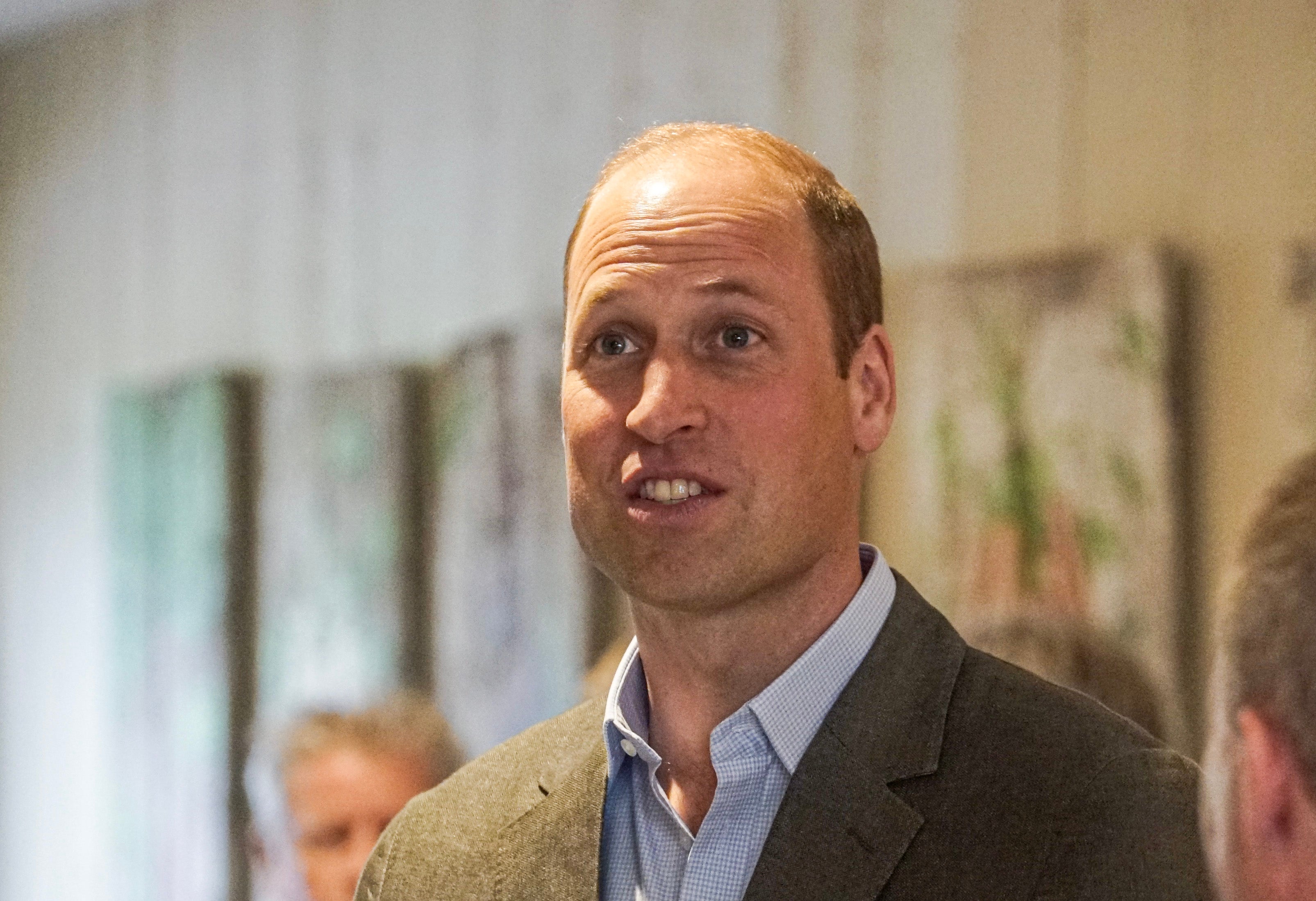
A key element of this reign will be the cultural aspect. The King is a highly cultured man. He loves gardens and he loves art and music. He has his own art school, and he has a harpist. I am told that the Archbishop of Canterbury dreaded him meeting another composer before the coronation, lest he should instantly commission another piece. As it was, he commissioned 12.
Soon he will advance further onto the international stage. His state visit to Germany was a resounding success. He already had quite a following there, and the Germans were impressed by his addressing the Bundestag in perfect German. The next stops are France and Kenya.
His workload has increased dramatically, but he is a workaholic. Those who have seen him say he is relaxed and enjoying his role. Having lived for so long in the shadow of his parents, there may well be a sense of liberation – the chance to be his own man. It has been suggested that he sees himself as a “caretaker King”. But I wonder if he sees himself like that. I suspect he sees his reign as providing many opportunities – and as the crystallisation of much of his life’s work.
Hugo Vickers is a writer and author of biographies of the Queen Mother and Princess Alice of Greece and Denmark


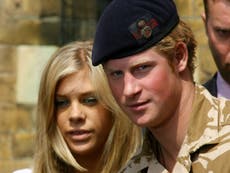



Join our commenting forum
Join thought-provoking conversations, follow other Independent readers and see their replies
Comments